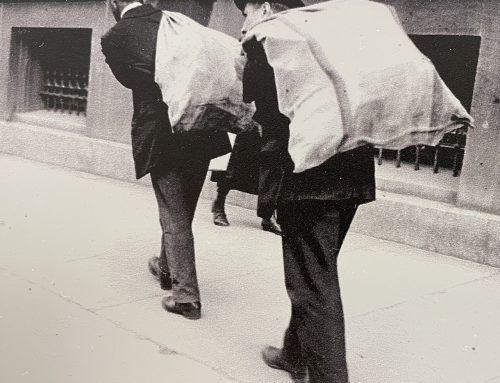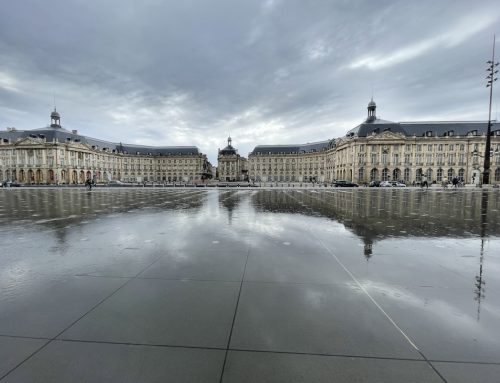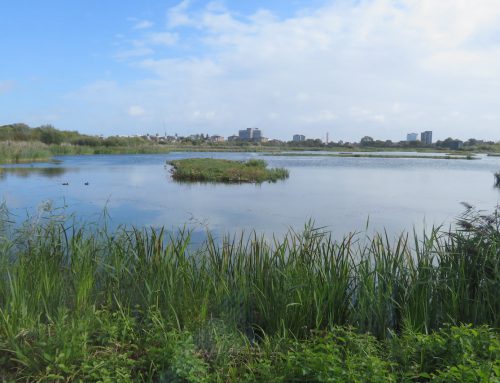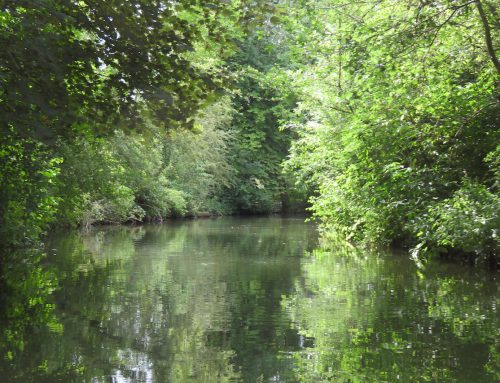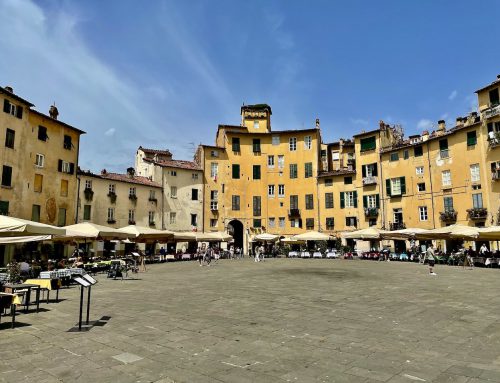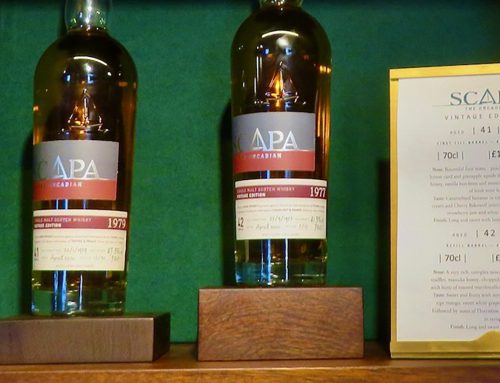The old train station
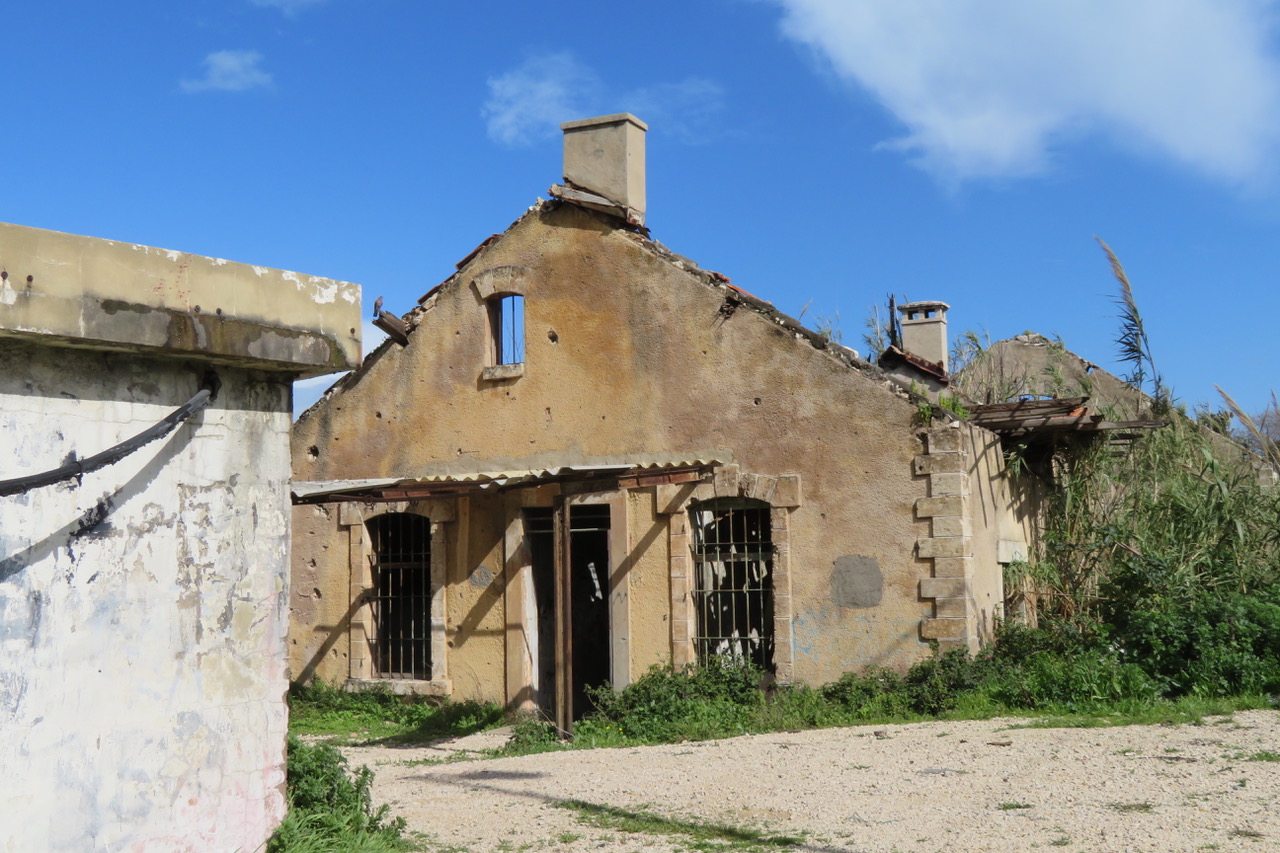
The old train station - once the scene of fierce fighting

The old train station - once the scene of fierce fighting
Tripoli, Lebanon
“The old train station? I’m a tourist. I know nothing about railways.”
The man listened to my protest with bemusement. His English was good, his grey beard perfectly cropped, his bearing full of confidence. Rumour had it that apart from owning the Via Mina Hotel, in whose reception I was standing, he was also expert at yoga.
“Go on,” he encouraged. “There you will see all of Tripoli.” With a friendly, backhanded sweep he directed me to the hotel’s front doors. “Tell me what you think when you return,” he added. “Hit the sea, turn right, and walk for one kilometre. The old station is impossible to miss.”
Filled with doubt, I stepped from the doors into the tight and narrow streets of Tripoli, Lebanon’s second city, and home to a quarter of a million souls. Time was when Tripoli equalled Beirut for affluence and style. But in 1948 its customs union with Syria was abandoned so that slowly, year on year, decade on decade, Tripoli became Beirut’s poor cousin. Civil war, Syrian war, and plenty more besides, had increased the city’s population by at least a quarter with people fleeing from conflict. Buildings had started to crumble, roads were at times impassable and for a while Tripolitans were on their knees. Tourists who chose to visit Lebanon, and who added up to 25% to the country’s GDP, would often bypass Tripoli. For some reason it was not on their list, which was exactly why I had gone. Surely the place was worth a visit? Surely there was plenty to see?
There was no direct walking route to the old train station, which occupied a narrow strip of scrub and stone near the sea, dual carriageway to one side, El Mina Harbour the other. When some invisible hand had designed Tripoli’s streets, it did not have the walker in mind. Pedestrians make their slow progress on potholed pavements with frequent dashes across busy roads, while relying on the good nature of the city’s drivers to allow them across in one piece.
Driving in Tripoli is a near artform. There are few traffic lights, and those that exist do not function. The tactic is to play funfair dodgems but without actually colliding. It is a skill that takes many months to acquire, maybe even years. Forget zebra crossings, crash helmets, seat belts, and certainly ignore the idea that to use a mobile in your hand while driving is a danger. In the centre of this chaos is the pedestrian.
Somehow, I made it to the sea with all but my pride intact. I had to cross three roads before I established that in Lebanon cars drive on the right, even if many appear to keep left. In Lebanon motorbikes speed along pavements beeping at pedestrians to shoo them out the way. In Lebanon, enthusiastic cleaners empty buckets of dirty mop water from fifth-floor apartments onto the pavement and pedestrians below. And where else but Lebanon, in seriously Muslim Tripoli, would two Jehovah’s Witnesses try to convert a passing Englishman to Christianity while standing in the centre of a roundabout, traffic hooting and hurtling around them? Lebanon is a land of contrasts and paradoxes, and my dash to the sea had plenty. Yet this was simply Lebanon.
“I’ll think about it!” I shouted to the Jehovah’s Witnesses as I launched myself from the roundabout and darted across the road between three speeding cars. From the corner of an eye I saw the two zealots fall to their knees and pray. The fact I had made it to the far side of the road intact made me certain they had been praying for me. Moments later I was on the newly paved Corniche walkway that ran alongside the sea, evidence of money flowing steadily into Tripoli. The city is said to be a future entry point for Syria reconstruction once the armies stop their shooting.
I turned right as instructed and took the walkway along the coast. There was something fascinating about harbours, so I dawdled to take in the fishing boats berthed alongside the sightseeing launches, with an occasional floating restaurant between them. Small groups of fishermen were busy repairing their nets. My local friends had told me that the place would have been teeming with fisherman ten years earlier but soon they would become extinct. The price of so-called progress.
From the fishermen it was a short hop to the boatyard - small boats, large boats and sizes in between. There were carpenters with power saws, engineers with spanners, foremen shouting instructions, and plenty others doing nothing, other than smoking a tall shisha and gazing out to sea. Two overweight, black-and-brown mongrel dogs waddled silently between the many craft, while a tabby cat remained motionless on the top corner of a pale blue wheelhouse and studied everything I did.
I felt an overwhelming sadness at that moment, not for the different forms of human activity, nor for the animals that clearly regarded the boatyard as home, but for the boats. There was something desolate about the craft in that boatyard. They looked out of place, unhappy, while waiting for their owners. The yard held many dozens of boats, each out of the water and on dry land, ungainly tilted left or right, hull scratched, at times rotting, and frequently covered with barnacles. If any of them had legs, I thought, it would have made its own way to water. Boats were for floating, not for dry land. On land they just looked miserable.
It was then that I saw it, another short hop further on. The old train station, just around the corner - everything is around a corner in Lebanon. The building still carried the scars of civil war and commotion, windows blown out, shrapnel-pitted brickwork, roofing peppered with bullet holes, and walls daubed with occasional religious graffiti. In times past this had clearly been the scene of fierce fighting. Yet in the middle of it all stood the trains, three of them, each rusty, each still leaking oil, yet each polished and dignified. They carried old bullet holes, an occasional mangled and blast-deformed panel, but these were trains with character. Constructed in Germany, these engines were remnants of the Orient Express. The aim had once been for the line to reach Beirut, but it had never done so. Tripoli was as far as it had managed.
I stood beside one of the engines for an easy 20 minutes. It was peaceful, quiet, the air was still and carried the faintest whiff of old metal. Way in the distance I could hear the low-pitched drone of Tripoli traffic, the occasional siren, an intermittent horn and a now-and-again squeal of tyres on pitted tarmac, as a driver took evasive action to avoid hitting a pedestrian.
Odd, I thought, that a steam engine can speak while still remaining silent. I felt an immense peace come over me at that moment thanks to the inanimate company of the Express Train. I patted her side like a dog, checked around me to be sure others were not watching my crazy antics, and was sure I felt the engine respond. I sensed she wanted to travel, not remain static in the old station. It was time for her wheels to turn once more. She was such a long way from home. Like the grounded boats in Tripoli’s boatyard, a train abandoned in a battle-scarred station is not a happy beast.
Some time later, I wandered slowly back towards the excellent Via Mina Hotel. My thoughts were miles away. I almost felt I was returning from confession.
“What did you think of it?” asked the hotel’s owner, who was still standing behind reception when I reached out to retrieve my room key.
“Remarkable,” I replied. “You were right. I have just seen all of Tripoli.”
“You have begun to see all of Tripoli,” the hotelier corrected. Next you must see the citadel, the clocktower, our soap. Remember, we have been here since even before Christianity.”
He had a point.
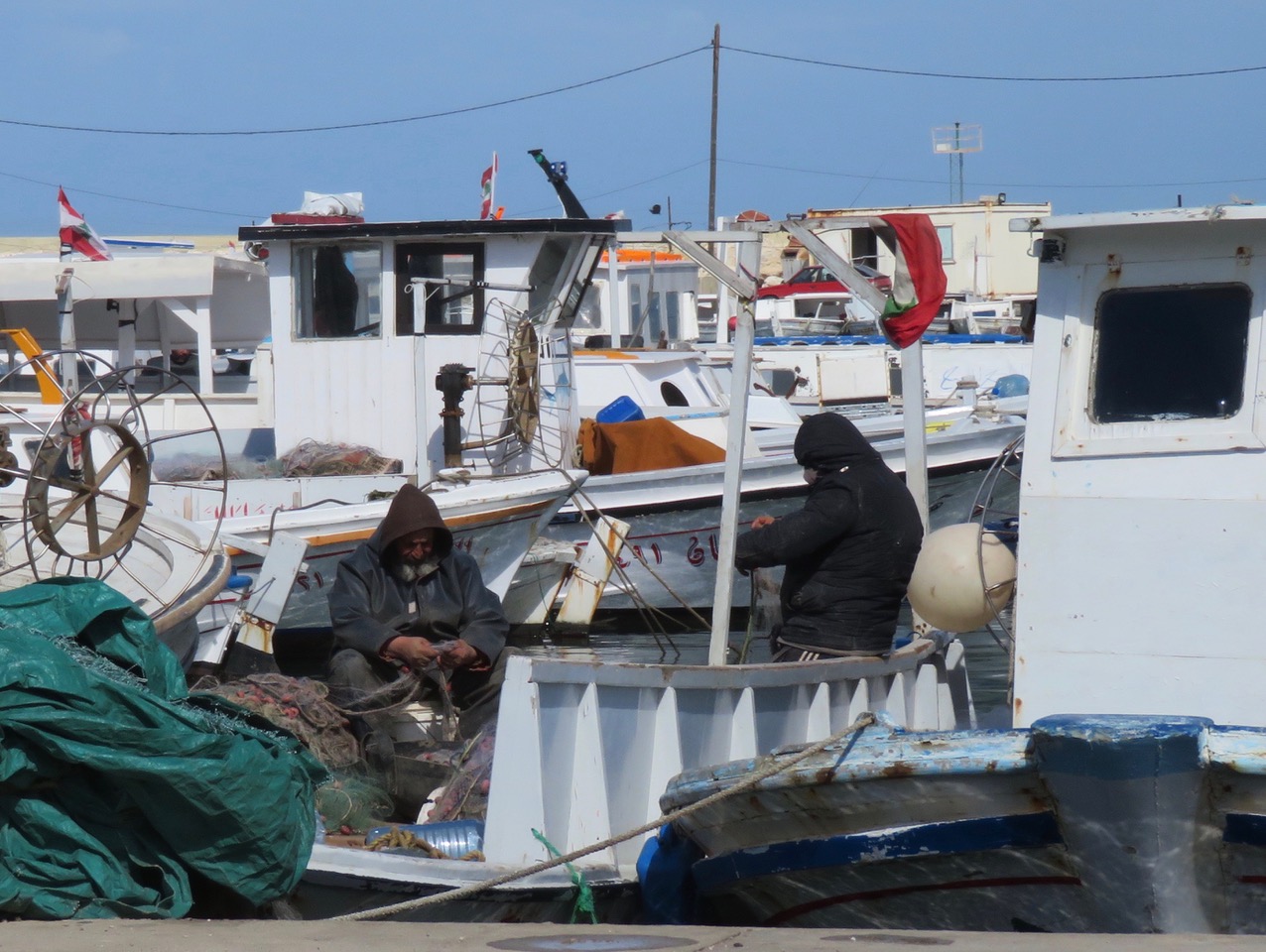
Fishermen repair their nets in El Mina harbour
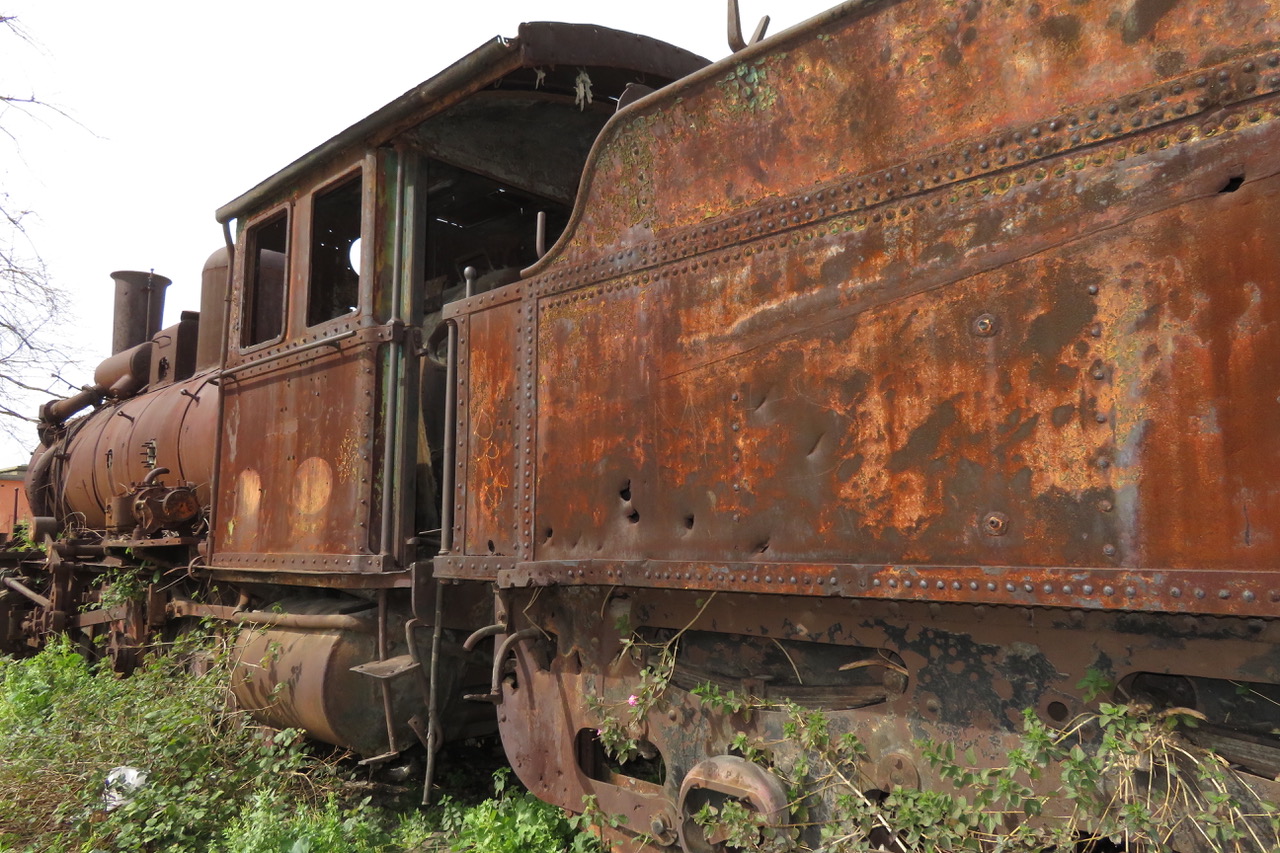
They even took a shot at the train
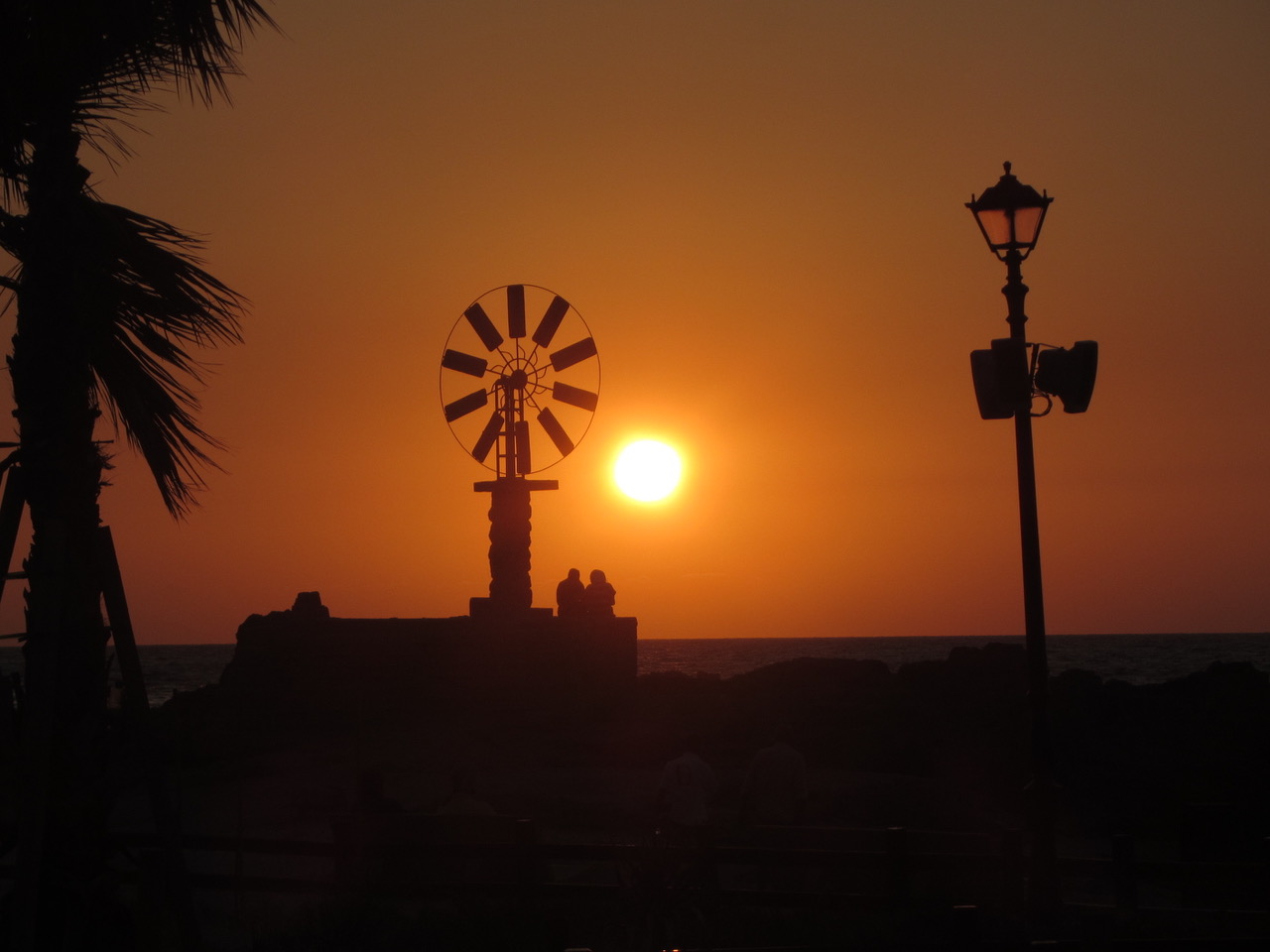
Sunset off Tripoli

